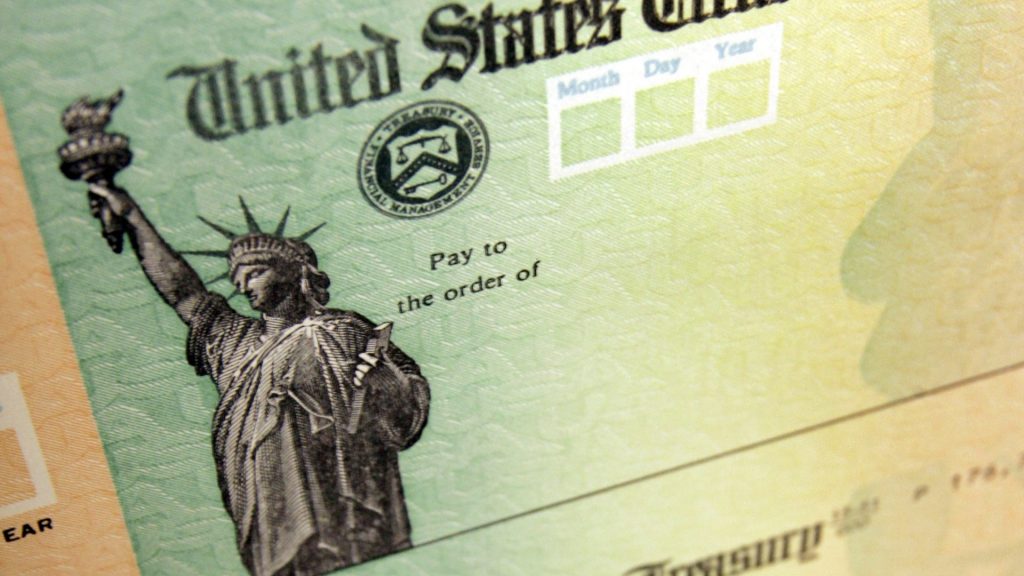US government begins phaseout of paper checks for most payments

The U.S. government started phasing out sending paper checks through the mail for most government payments starting Sept. 30. If you get Social Security, Supplemental Security Income (SSI) or a tax refund, you might stop receiving checks in the mail and instead get payments electronically.
The decision was formally initiated by an executive order signed by President Donald Trump in March.
IRS: electronic payments are safer, faster
According to the Internal Revenue Service (IRS), switching to electronic payments makes the system faster, safer and more efficient compared to using paper checks.
The agency said paper checks are 16 times more likely to be lost or stolen, and direct deposits avoid a check being returned as “undeliverable.”
Electronic payments allow refunds to be issued within 21 days, whereas checks could take up to six weeks. Digital payments also cost the federal government less to distribute than paper.
Direct deposit and debit cards to replace checks
Paper checks are being replaced by two main electronic payment methods: direct deposit and Direct Express card, which is a government-issued prepaid debit card for people who don’t have a bank account.
About 400,000 people who get Social Security or Supplemental Security Income still receive their monthly payments as paper checks in the mail.
Even though the government is phasing out paper checks, this change does not affect how taxpayers file their annual taxes.
Tax returns will still be filed the same way as before. It also does not affect eligibility or access to Social Security benefits, so people will still receive benefits as usual.
The post US government begins phaseout of paper checks for most payments appeared first on Straight Arrow News.





